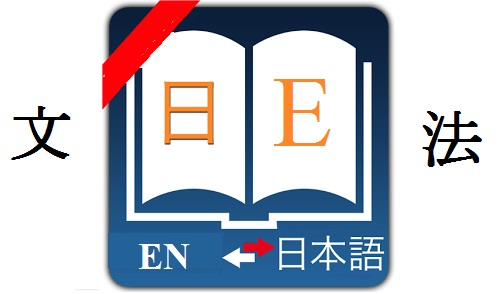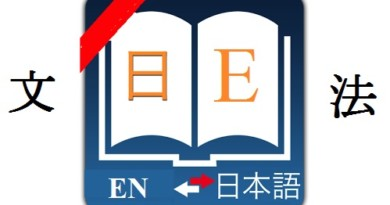Japanese ということは ということだ grammar toiukotoha toiukotoda

Let’s learn Japanese ということは ということだ grammar toiukotoha toiukotoda:
Japanese ということは ということだ grammar toiukotoha toiukotoda
Formation :
Meaning and how to use :
This structure is used when we want to explain a certain situation. The first part of the sentence expresses the information that the listener has already known, the latter infers to predicted events drawn from the information in the first part as a conclusion.
For example
1. 都内で車の乗り入れ制限ということは都内で車の乗り入れは禁止されたり遊猟されたりするということです。
tonai de kuruma no noriire seigen toiu koto ha tonai de kuruma no noriire wo kinshi sare tari yuuryou sare tari suru toiu koto desu
Restricting on cars entering the city means car driving in that city will be banned and chased (by the police).
2. 一日中8時間働くということは一週間40時間も働くということだ。
ichinichijuu hachi jikan hataraku toiu koto ha ichi shuukan yon rei jikan mo hataraku toiu koto da
Working 8 hours a day means a 40 hours work week.
3. 「入り禁止」ということは部屋に入るなということですよ。
iri kinshi toiu koto ha heya ni iru na to iu koto desu yo
“No entry” means you aren’t allowed to enter the room.
4. 彼女がいつも本を読んでいるということは読書が大好きと言うことですね。
kanojo ga itsumo hon wo yon de iru toiu koto ha dokusho ga daisuki to iu koto desu ne
That she always reads book means that she loves reading.
5. 家にいて、一人で話す人と言うことは内気な人ということです。
uchi ni i te ichi nin de hanasu hito to iu koto ha uchiki na hito toiu koto desu
One who always stays at home talking to himself is an introvert.
Ref : tuhoconline
Above is Japanese ということは ということだ grammar toiukotoha toiukotoda. If you don’t understand the signs we used in formation, you can find their meaning here: signs used in Japanese grammar structures.
You can search the structure you want by using the search tool on our website (using key : grammar + ‘structure name’ or you can find more Japanese grammar structures in the following category : Japanese grammar dictionary

Thank you for the explanation but what does 遊猟したり mean?
Also, when does 本 get read as “moto”? I thought it was “hon.”
遊猟し mean chase in this case : chased by police if drive in
本 is ussualy read as hon. The pronunciation is wrong. I fixed it, Thank you !